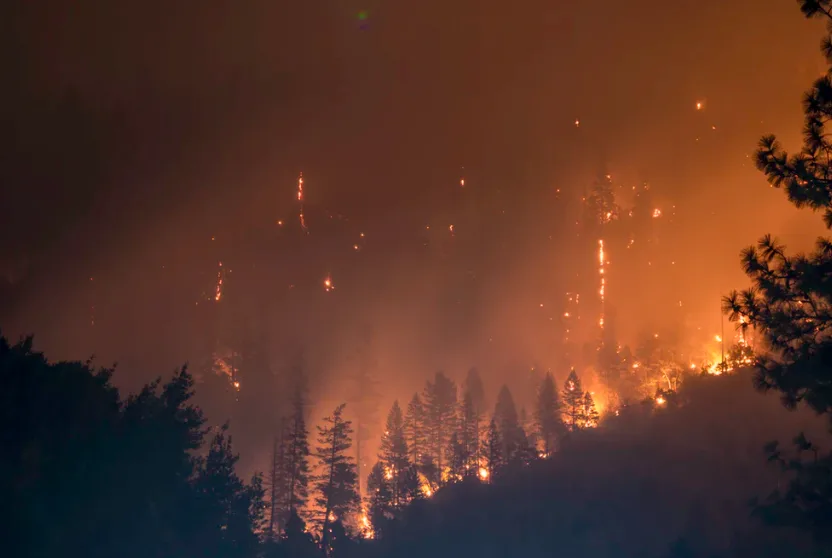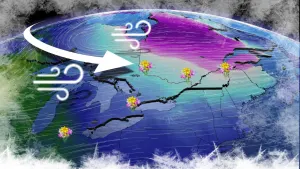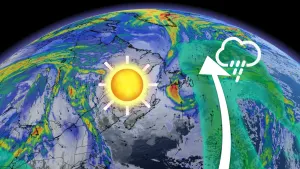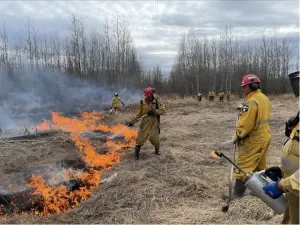
Dealing with mental health post natural disaster, how some can help
Dealing with the financial cost of a natural disaster is just half the battle
For some people, summer is a cause for excitement: The days get longer, the temperatures are warmer, and the sun returns.
But for others, summer is a source of anxiety. Forest fires, tornadoes, damaging hail, and hurricanes, are just a few of the extreme natural disasters that can occur during the warmer months.
We are currently witnessing the widespread destruction a fire can wreak in Australia. While B.C. hasn't experienced a fire event equivalent to Australia, it has had its share of extreme fire seasons.
Back in 2017, for example, 65,000 residents had to evacuate their homes, and more than 500 buildings were lost. The numbers were smaller the following year, but 6,000 people were still evacuated.
According to Alison Paul, Director of Protection and Psychosocial Support at the Canadian Red Cross, dealing with a disaster like a wildfire can have some serious impacts.
"We can see increased rates of depression, generalized anxiety disorder, and post-traumatic stress disorder (PTSD)," she says.
"So we're trying to focus on all types of responses and all segments of the population that would experience that type of emergency and tailor interventions that would be appropriate [to them]."
During a fire, Alison says the first priority of humanitarian organizations like the Red Cross is to ensure people are safe and have access to basic needs, like food and water.
The second step is to offer emotional support.
The good news, according to Alison, is that most people who suffer through a natural disaster are able to fully recover from the emotional distress, provided they are given the support they need.
To find out more, be sure to watch the video above.
Thumbnail image courtesy: Unsplash/Matt Howard










